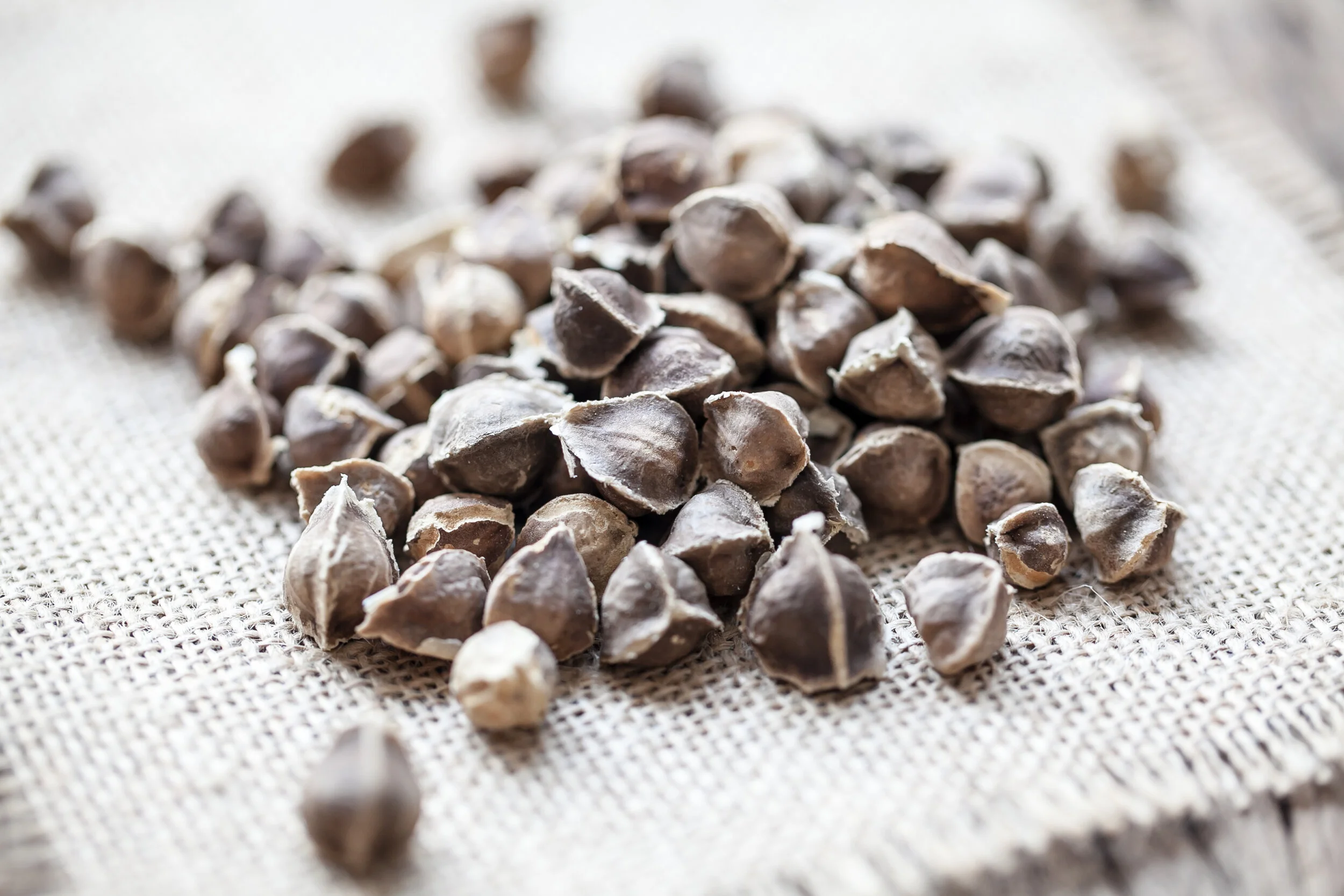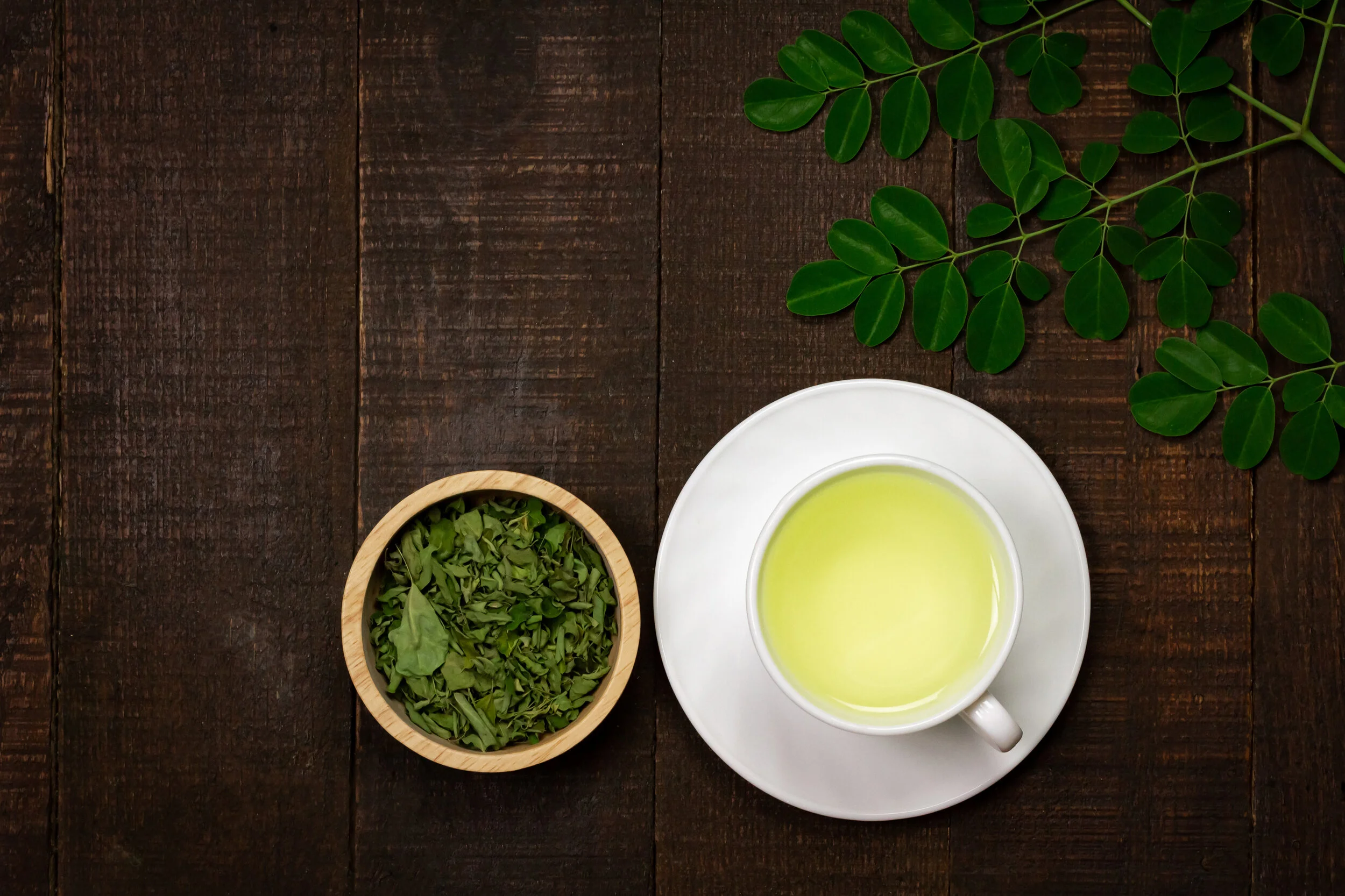MORINGA: The Superfood You Haven't Tried Yet (But Should!)
I have a personal testimony of how Moringa has improved the health of my joints. I injured my knee on Cinco De Mayo 2019 during my morning run. My knee bothered me for 14 months until being introduced to Moringa seeds in July 2020. During a trip to Houston, a friend suggested I try Moringa seeds. The seeds were bitter and had an aftertaste that became magnified with water. I committed to taking four seeds daily. Within two weeks, the pain in my knee was gone completely. I now eat four seeds daily with a cup of orange juice—the orange juice helps mask the bitter taste. I also drink Moringa tea several times per week.
Moringa is a fast-growing, drought-resistant tree native to parts of South Asia and Africa. However, it is now widely cultivated in many parts of the world. It is also known as the drumstick, horseradish, or ben oil tree.
The tree can grow up to 30 feet tall and has thin, feathery leaves that are bright green. It produces small, white flowers that develop into long, slender pods containing seeds for consumption or used to extract oil. The leaves, pods, and seeds of the Moringa tree are all edible and have nutritional value.
Moringa is known for its exceptional nutritional properties, and the leaves are a rich source of vitamins, minerals, and antioxidants. It is also used for medicinal purposes in many traditional medicines and has been studied for its potential health benefits.
In addition to its nutritional value, Moringa is also valued for its ability to grow in arid and semi-arid regions, making it an essential source of food and income for people in developing countries. Its leaves and pods can be eaten fresh or dried, and the oil extracted from its seeds can be used for cooking, as a cosmetic ingredient, or as a biofuel.
Overall, the Moringa tree is a versatile and valuable plant with numerous benefits for human health and environmental sustainability.
Some of the key benefits include:
Rich in essential nutrients: Moringa leaves are a good source of vitamins A, C, and E, as well as minerals like calcium, potassium, and iron.
Antioxidant properties: Moringa contains high levels of antioxidants, which help protect against damage from free radicals and may have anti-inflammatory effects.
Supports heart health: Moringa has been shown to help lower cholesterol levels and blood pressure, and improve circulation, making it beneficial for heart health.
Improve brain function: Moringa leaves contain compounds that may boost cognitive function and improve memory.
May help manage diabetes: Moringa may help regulate blood sugar levels and improve insulin sensitivity, making it a potentially beneficial supplement for people with diabetes.
May have anti-cancer properties: Some studies suggest that compounds in Moringa may have anti-cancer effects. However, more research is needed in this area.
It's important to note that while Moringa may offer these potential health benefits, more research is needed to understand its effects and establish recommended dosages fully. Consult a doctor before incorporating Moringa into your diet or supplement regimen.
Bern & Jack offers Moringa, seeds, tea, capsules, and powder.



